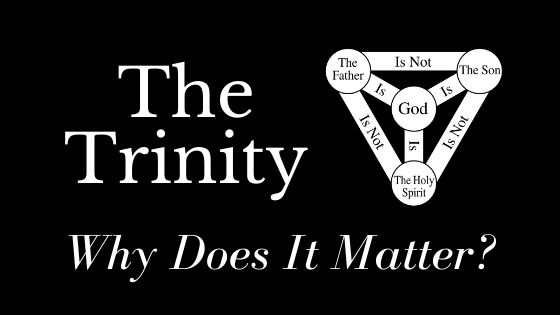What is the Doctrine of God?
Christianity is not the only worldview that believes in the existence of God. But what makes Christianity different is its fundamental belief in who God is. This is where the importance of the doctrine of God comes in. Without a stern knowledge of the God of the Bible, we can easily become vulnerable to the … Read more










